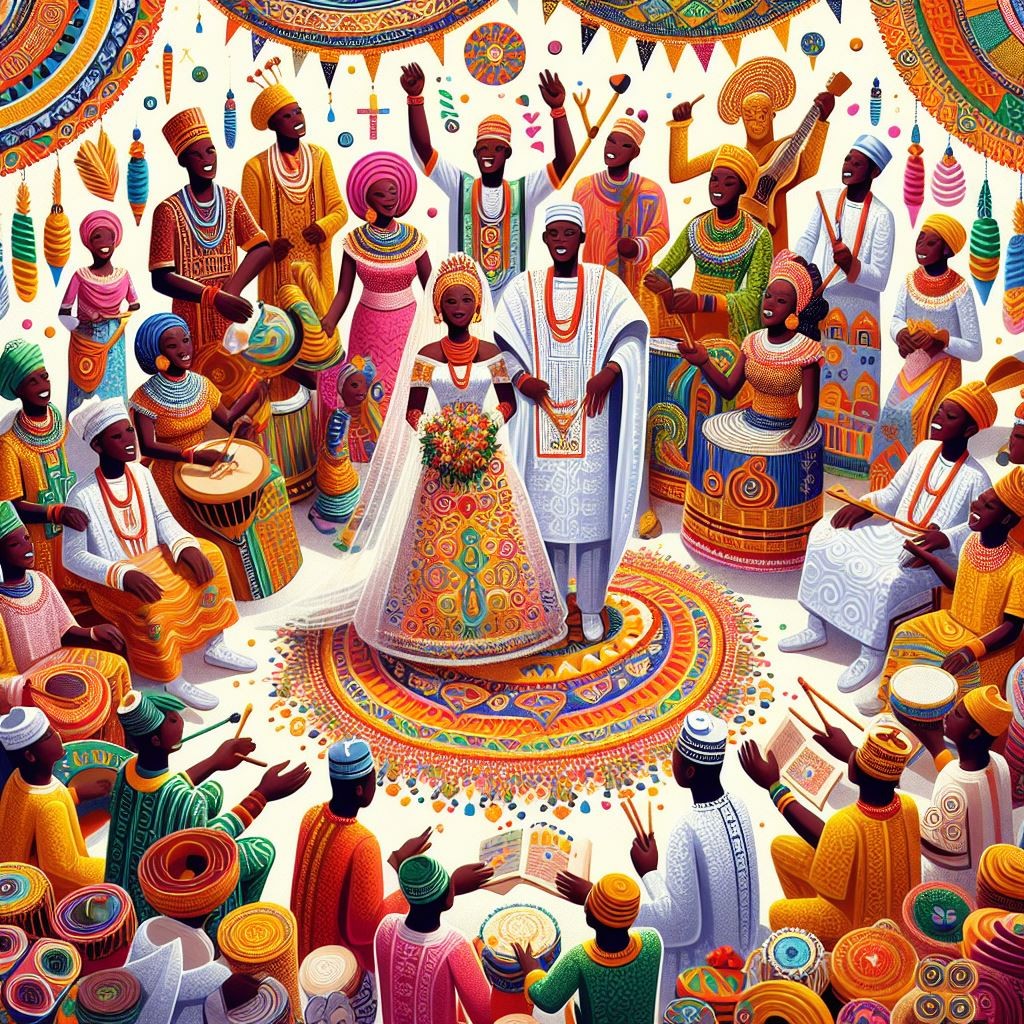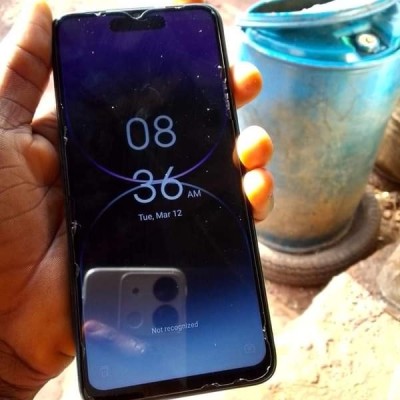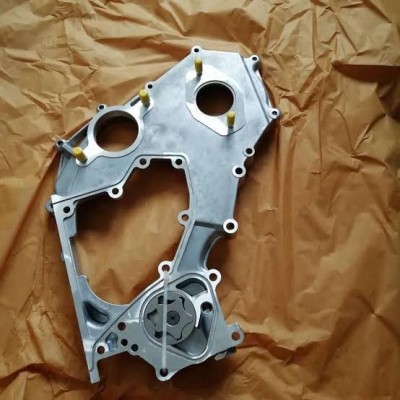Have You Ever Pondered Why Hausa Weddings Refrain From The Tradition Of Money Spraying?
.
.
.
.
.
In Hausa culture, traditional wedding ceremonies are conducted with a focus on simplicity and adherence to Islamic or Sharia law. Here are some reasons why Hausa people do not engage in the widespread practice of spraying money during weddings:
1) Blessings Over Extravagance: According to Islamic teachings, a lesser dowry paid during the wedding process results in a more blessed marriage. Therefore, Hausa families prefer to keep the bride price (Sadaki) as low as possible.
The emphasis is on the spiritual and emotional aspects of the union rather than extravagant displays of wealth.
2) Announcing the Bride Price: During the Sadaki stage (payment of the bride price), the groom’s family announces the amount paid for the bride. This announcement is made to everyone present.
The bride price can be paid in cash, installments, or even through labor for a damsel. It is a significant moment in the wedding process.
3) Focus on Simplicity: Hausa traditional weddings are not as expensive as other forms of marriage in Nigeria. The simplicity of the ceremonies reflects cultural values and practical considerations.
The wedding date is fixed during the Sadaki visit, and both families work together to celebrate the union.
4) Gender Roles and Separation: During the wedding Fatiha (the official marriage ceremony), women are not expected to be present. Instead, they celebrate with the bride, preparing her for married life.
The focus is on the couple’s commitment rather than external displays of wealth.
In summary, Hausa weddings prioritize spiritual blessings, simplicity, and adherence to Islamic principles over extravagant money-spraying practices. The union is celebrated with joy and cultural significance, regardless of lavish displays.
© Emmanuel Omai






